Advanced maternal age “AMA”, is often defined as maternal age of 35 or greater at the time of delivery.
Advanced maternal age is most often considered during pregnancy however it also greatly affects fertility.
It is known that there is a decrease in fertility with advancing age. Female fertility starts to decline several years prior to menopause and infertility becomes more pronounced at age 35. At age 30 or younger there is approximately a 20% chance of pregnancy in any one month, however by age 40 that chance drops to 5%. In addition to having difficulty getting pregnant, the number of pregnancies that result in miscarriage increases with age. 14% of pregnancies in women under age 35 result in miscarriage while 19% in women ages 35 – 37, 25% in ages 38-40, and 40% of pregnancies in women over 40 result in miscarriage.
This decrease in fertility and increase in miscarriages is often attributed to changes in the quantity and quality of the eggs or oocytes. Women are born with a finite number of eggs and as women age the number of eggs available significantly decline reducing fertility. In addition, both the decline in fertility and the increased risk of miscarriage are attributable to abnormalities in the aging egg. In women of advanced maternal age it is much more common to see chromosomal abnormalities in the eggs and as a result embryos made from those eggs. This increased rate of chromosomal abnormalities is the major cause of increased rates of miscarriage in this population. In addition, as women age, it is more common to see uterine fibroids and endometrial polyps that could also potentially affect fertility.
Rather than trying to conceive for one year prior to having an infertility evaluation, in women with advanced maternal age an infertility work up is recommended after 6 months of regular unprotected intercourse. This evaluation will include tests to examine the ovarian reserve as well as to evaluate the uterus and fallopian tubes.
In addition to increased risks of infertility and miscarriage it also important to know that advanced maternal age is associated with several pregnancy complications. These include hypertension and pre eclampsia, gestational diabetes, delivery by c-section, and aneuploidy.

